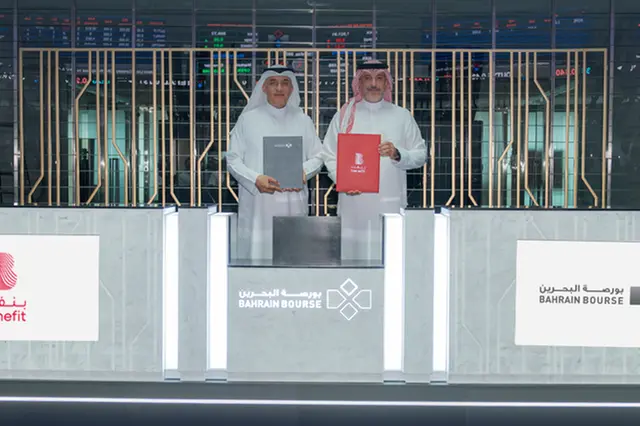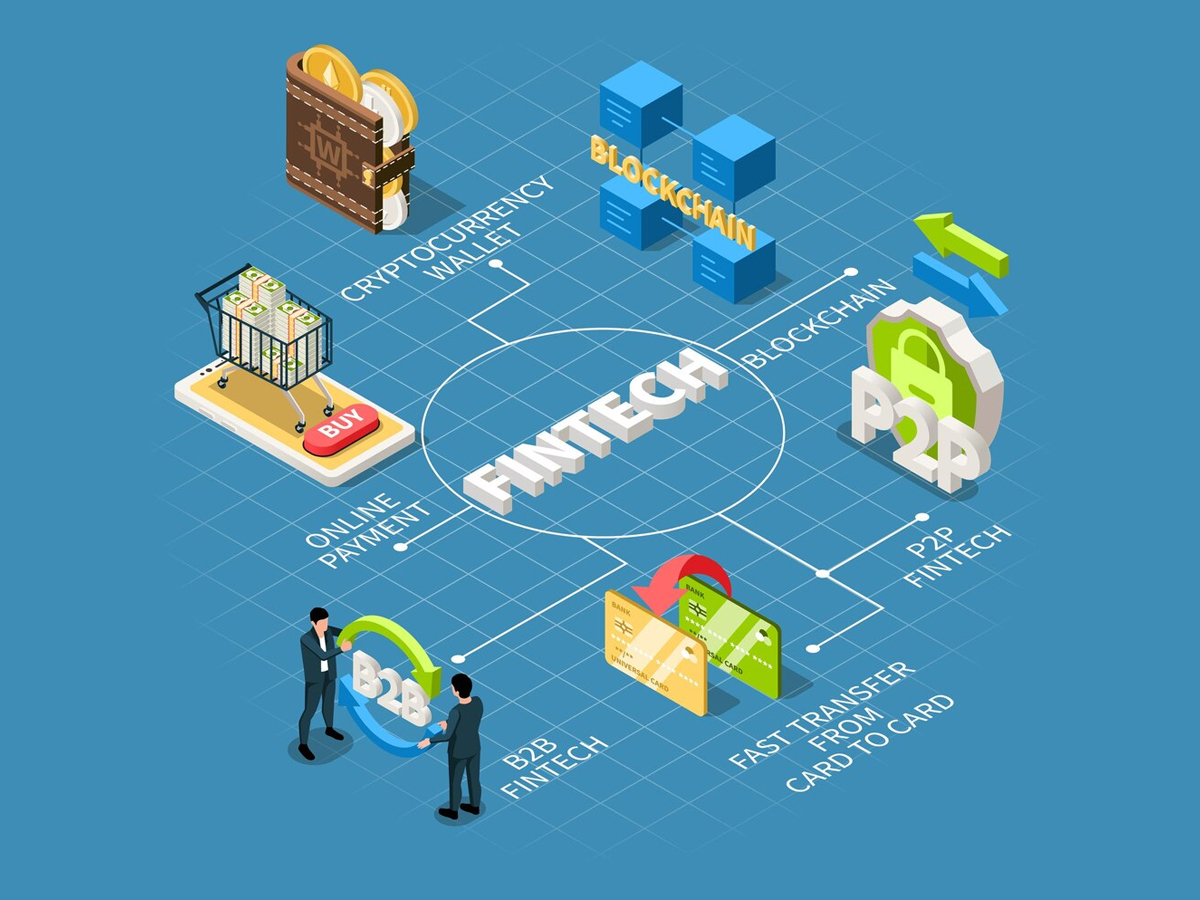Middle East’s financial landscape is poised for both continuity and transformation in 2025. While traditional banking metrics signal stability, FinTech is reshaping how financial services are delivered, reflecting a sector where innovation and resilience coexist. Fitch Ratings’ latest Middle East Banks Outlook 2025 paints a ‘neutral’ picture for the region’s banking sector. Credit growth is expected to accelerate, buoyed by high oil prices and moderate expansion in non-oil sectors. This forecast suggests stability in economic conditions and financial metrics. Approximately two-thirds of Fitch-rated banks in the region enjoy investment-grade Issuer Default Ratings (IDRs), largely due to potential sovereign support. The remaining ratings reflect standalone creditworthiness, highlighting disparities across the region, with Iraq being the outlier with the lowest-rated banks. Yet beyond these numbers, the region’s banking and financial services sector is undergoing a seismic shift, driven by technology and innovation. FinTech is no longer just a complementary force; it’s becoming central to the financial ecosystem. Here’s what’s shaping this transformation. As the adoption of digital payment systems skyrockets globally, which is expected to reach nearly five billion users by 2025, the Middle East stands at the forefront of this revolution. The region is leveraging high smartphone penetration and a predominantly young, tech-savvy demographic to power mobile banking and digital wallets. Countries like the UAE and Saudi Arabia have already become key players in advancing cashless economies. The Middle East is emerging as a vibrant hub for FinTech innovation, with ecosystems thriving in nations like the UAE, Egypt, and Jordan. These startups are addressing diverse needs, from simplifying cross-border money transfers to enabling cryptocurrency trading. Regulatory support is fueling this growth, with governments establishing sandboxes and FinTech hubs to encourage experimentation and partnerships between startups and traditional financial institutions. The global focus on sustainability is reshaping banking priorities in the region. Financial institutions are increasingly embedding Environmental, Social, and Governance (ESG) frameworks into their strategies, aligning with investor demand for green financing and sustainable investments. This trend will influence how banks structure lending portfolios and design new financial products. AI and machine learning are revolutionizing customer experiences and operational efficiency in the financial sector. These technologies enable personalized banking services, improve fraud detection, and enhance risk management frameworks. They also streamline back-office processes, significantly reducing costs for institutions. For banks in the Middle East, 2025 will be a balancing act. On one side, the reliance on sovereign support and oil-driven economies ensures stability. On the other, the digital transformation wave demands proactive adaptation. Those that integrate FinTech partnerships, prioritize digital customer engagement, and embed ESG principles into their strategies will likely emerge as market leaders. while Fitch’s ‘neutral’ rating for the banking sector reflects a steady macroeconomic environment, the FinTech boom signifies a more dynamic narrative. The shift from traditional to technology-driven financial services is inevitable, marking 2025 as a pivotal year. Institutions that seize this opportunity to innovate will shape the future of Middle East banking. As the region embraces this dual trajectory of stability and transformation, it becomes clear that technology, sustainability, and collaboration will define the next chapter of its financial story.





